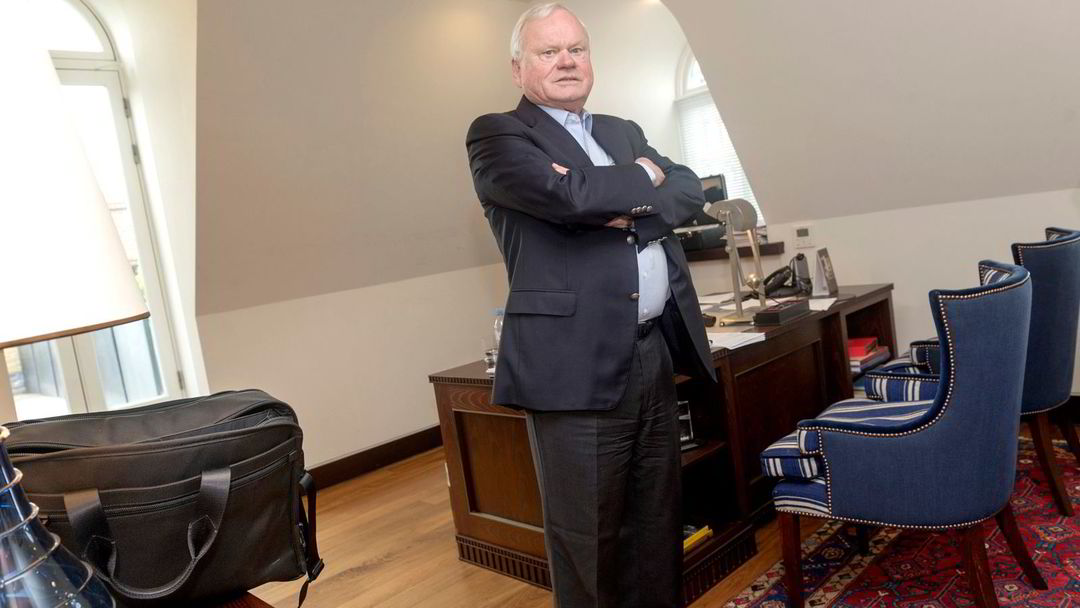According to the will of the building and renovation committee, the city is to invest 7.9 million euros in ventilation systems for the eight city primary schools. To this end, the federal government has now approved funding of 3.2 million euros, the remaining 4.7 million euros must be financed by the district town through loans. 1.6 million euros for planning costs are due in the current budget year. The necessary decisions were made unanimously, since in addition to the traffic light coalition made up of the SPD, Greens and FDP, the Siegburg Citizens’ Union and CDU also voted yes.
Jürgen Peter (CDU), however, pointed out that something urgently needed to be done for the kindergartens, as there would be unvaccinated children there for a long time to come, Michael Keller (SPD) agreed with him. The coalition of the SPD, Greens and FDP announced that the “best possible virus protection” is now being made possible, and that a “healthier learning environment” is being created. In addition, you save heating costs.
Warning of a long construction period
Astrid Thiel (The Greens) spoke of money well spent for the health of the children. Frank Sauerzweig (SPD) emphasized that the award is linked to quick implementation: “It will be a sporting challenge to get the right craftsmen in such a short time.” Matthias Horn (FDP) wants “to involve many local companies in the measures “. The two high schools are also to have ventilation systems, which are already planned for the upcoming renovation of the Neuenhof school center.
Kämmerer Andreas Mast dampened enthusiasm in the committee: The installation of decentralized systems in the individual classes or central ventilation, which would be technically possible in three schools, would lead to construction sites lasting weeks and “require very high tolerance” from parents, teachers and students. The crux of the matter: the municipalities have to make advance payments and install the systems within a year in order to receive the subsidies. He does not see “a reasonable timing” if the specifications are not changed. Mast also wonders how the grants – up to 500,000 euros per school are possible – should flow into so many individual projects. Mast had previously spoken of a “first-come-first-served” principle, which would take into account the municipalities that made the first applications.
Delays due to Europe-wide tenders, the availability of so many units and structural details could also be problematic: Specialist engineer Rainer Adloff from the Planteam company made it clear that decentralized systems can only be installed under certain conditions, especially the air intake and exhaust system Outside. Sometimes the width of a window in the classroom falls victim to the installation of the necessary technology. A ceiling that is too flat and that is supposed to accommodate the ventilation box can also become an obstacle.
Central ventilation can fail because ducts cannot be led through concrete parts under the ceiling without endangering the statics. There are also fire protection aspects. Despite everything: “In terms of energy, it definitely makes sense,” emphasized the engineer. Mast informed the committee members: “We don’t want to scare, we want to provide realistic information.” The purchase of mobile ventilation devices no longer played a role in the debate. According to the treasurer, no funding had been requested anywhere else.
– .


